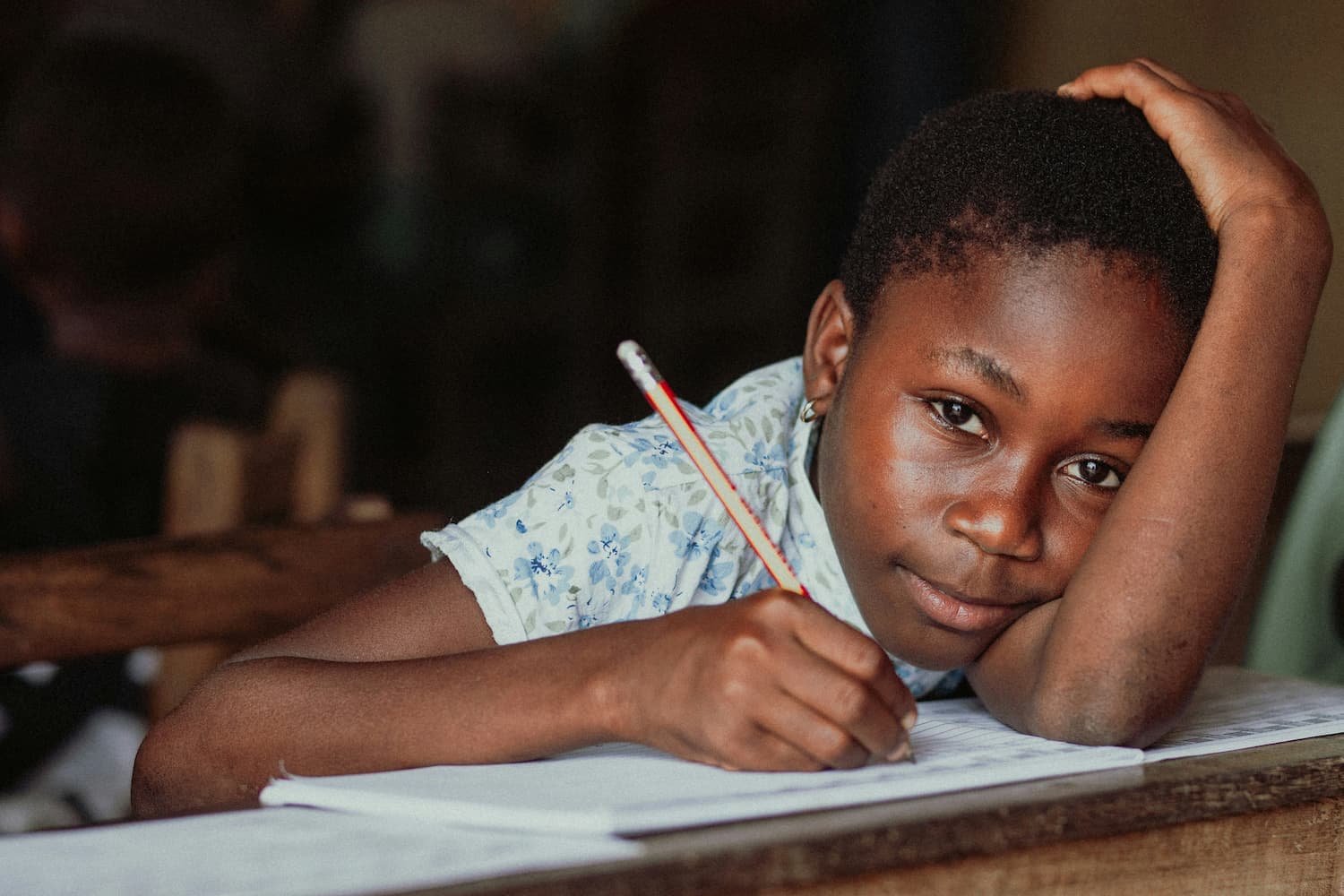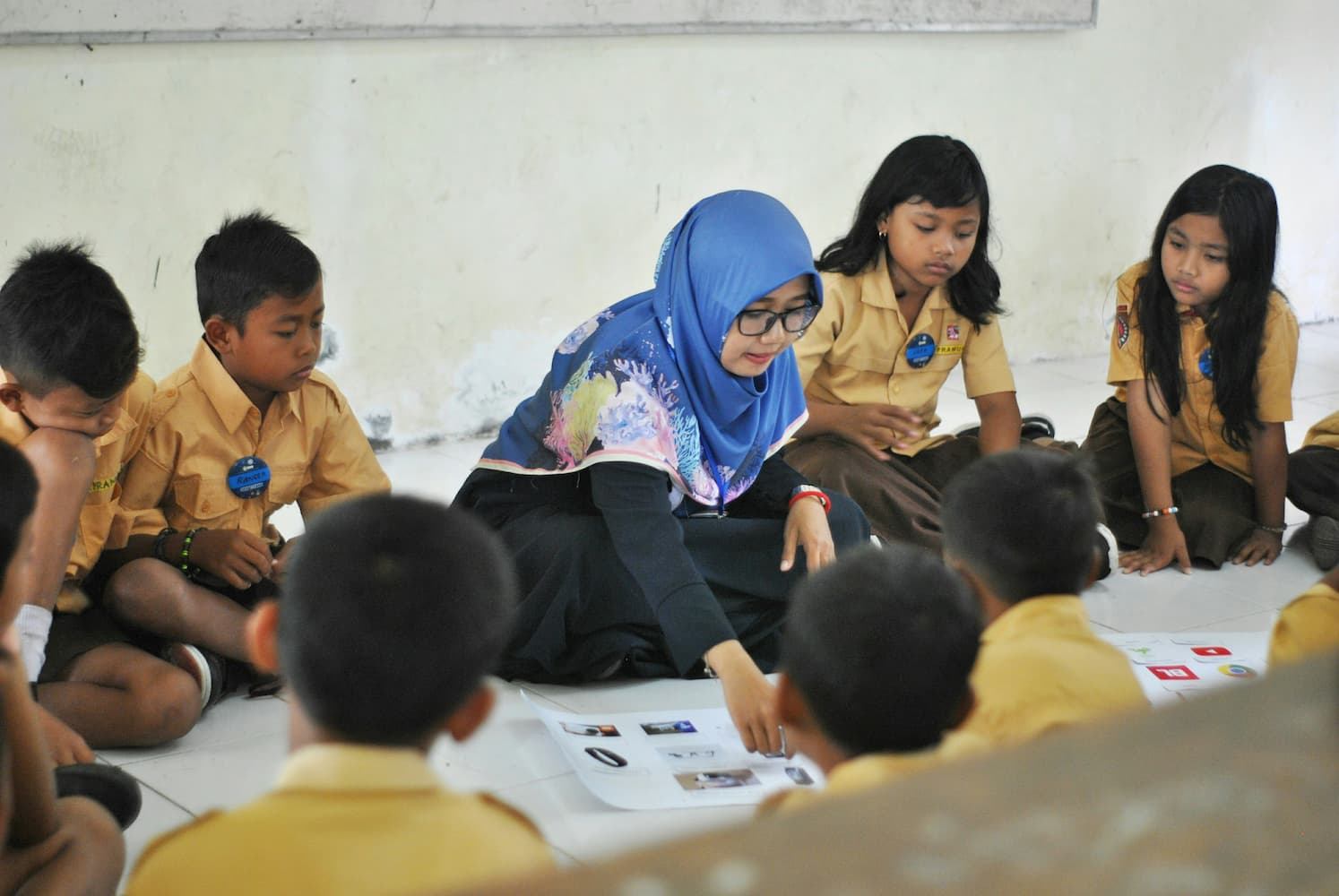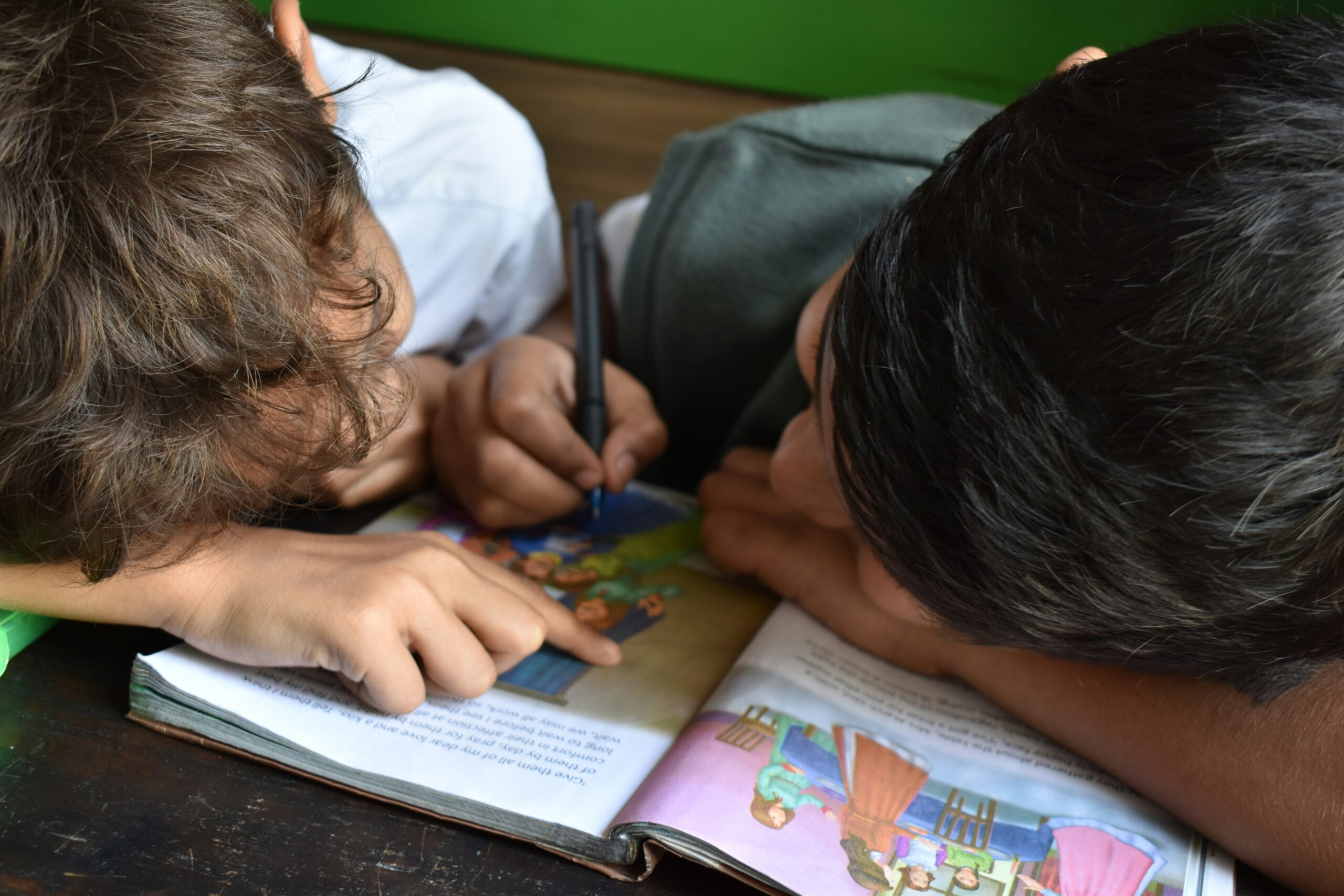Resources
Putting evidence-based ideas into widespread practice
We aim to ensure that evidence on improving learning travels from research studies, into government policy, through to large-scale implementation of reforms, and right back into the classroom in the form of day-to-day policy implementation by individual schools and teachers. If this can be achieved, millions of children will have better outcomes.
Resources below.
Filters
Geographical focus
Resource type
Methodology
Pillar
Search
Toolkit
Iterative A/B Testing Toolkit
Working paper
Systematic review of Gender, Equality, Disability and Social Inclusion in implementation science research
Blog
12 principles to reframe the ‘learning crisis’ for demonstrable impact: Lessons from accelerated learning programmes in Ethiopia, Liberia and Ghana
Blog
Drivers of effectiveness in education systems: An UKFIET panel on the role of the middle tier in implementing education change
Insight note
Evidence use for policy planning and implementation from Ghana and South Africa
Podcast
Prioritizing and improving foundational learning
Blog
Ensuring education policy translates into practice: the role of the middle tier in government
Insight note
Entry points in action: Examples of equipping, connecting, informing and empowering middle-tier education officials in India
Blog
Scaling a playful math curriculum to strengthen foundational numeracy: Introducing the ‘Every Child Counts’ Implementation Toolkit
Case study
Government-led research: What is the impact of government-led education research on policy and practice? A case study from South Africa’s EdLab
Discover more

What we do
Our work will directly affect up to 3 million children, and reach up to 17 million more through its influence.

Who we are
A group of strategic partners, consortium partners, researchers, policymakers, practitioners and professionals working together.

Get involved
Share our goal of literacy, numeracy and other key skills for all children? Follow us, work with us or join us at an event.